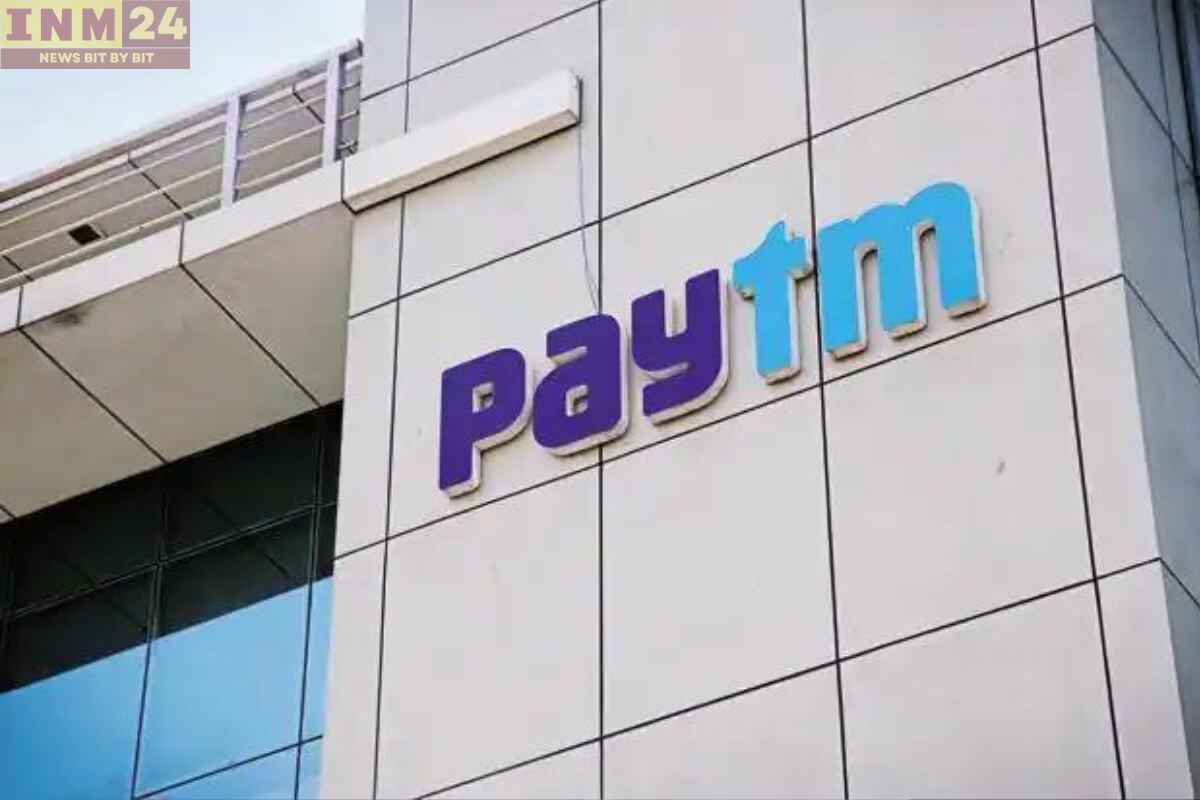In a significant development, Paytm Payments Bank has been slapped with a fine of Rs 5.49 crore over allegations of money laundering offenses. This penalty marks a notable setback for the digital payment giant and underscores the regulatory scrutiny facing financial institutions in India.
The penalty was imposed by the Enforcement Directorate (ED) following an investigation into alleged violations of anti-money laundering (AML) regulations by Paytm Payments Bank. The ED’s probe reportedly found instances of non-compliance with AML norms, raising concerns about the bank’s adherence to regulatory guidelines and its role in preventing illicit financial activities.
Challenges and Risks of Rapid Digital Payment Platform Expansion
The allegations against Paytm Payments Bank highlight the challenges and risks associated with the rapid expansion of digital payment platforms in India. As digital transactions continue to gain prominence in the country’s economy, regulators are increasingly vigilant about ensuring the integrity and security of the financial system.
Paytm Payments Bank, which was launched in 2017 as a subsidiary of One97 Communications Limited, has emerged as one of India’s leading digital payment providers, offering a range of services including mobile wallets, online banking, and digital payments solutions. However, the recent penalty underscores the need for robust compliance measures and effective oversight to mitigate the risks of financial crime and illicit activities.
In response to the penalty, Paytm Payments Bank has stated its commitment to fully cooperate with the authorities and address any concerns raised during the investigation. The company has also reiterated its commitment to maintaining the highest standards of compliance and transparency in its operations.
Implications of Paytm Payments Bank Penalty on Indian Digital Payment Sector
The imposition of the penalty on Paytm Payments Bank is likely to have broader implications for the digital payment industry in India, prompting other players to review their compliance frameworks and strengthen their risk management practices. It also serves as a reminder of the importance of regulatory compliance and corporate governance in safeguarding the integrity of the financial system.
As digital payments continue to reshape India’s financial landscape, regulatory authorities are expected to maintain a vigilant stance against money laundering and other financial crimes. The enforcement action against Paytm Payments Bank underscores the need for continuous monitoring and supervision to uphold the integrity and stability of the financial sector.
The penalty imposed on Paytm Payments Bank highlights the growing regulatory scrutiny surrounding digital payment platforms in India and underscores the importance of robust compliance measures in the fight against financial crime. As the digital payment industry continues to evolve, stakeholders must remain vigilant and proactive in addressing emerging risks and challenges to ensure a safe and secure financial ecosystem for all.
